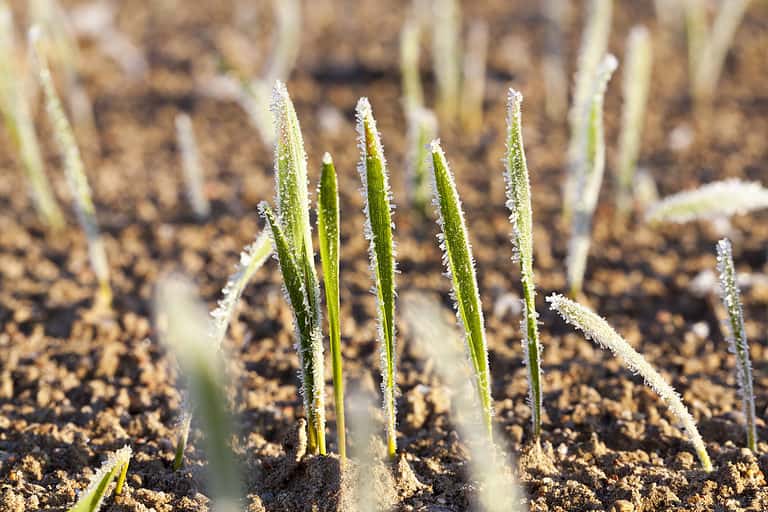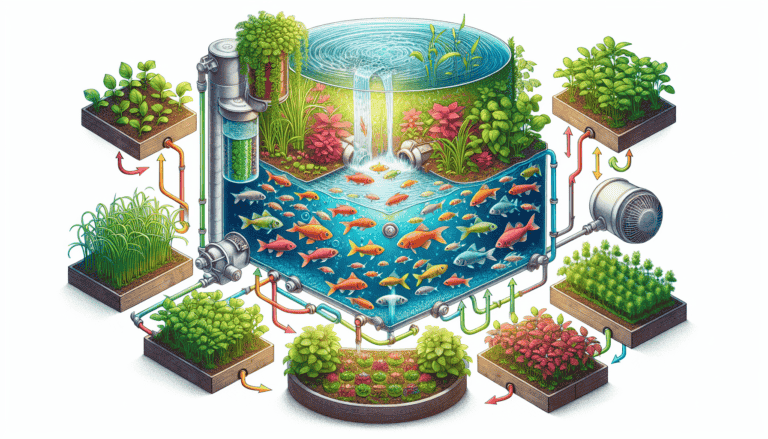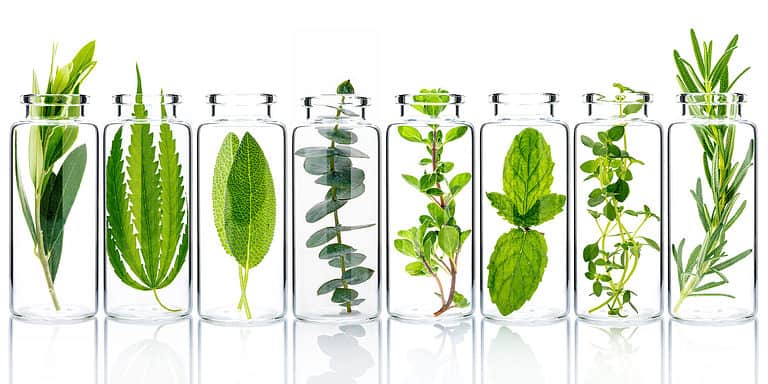How to Start a Hobby Farm
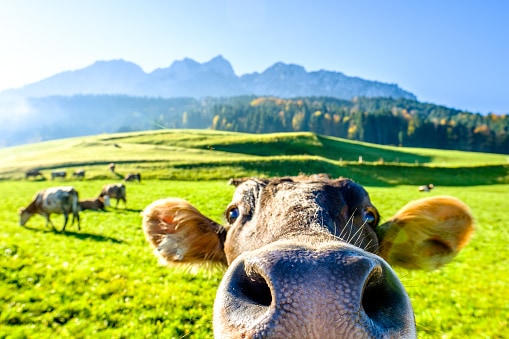
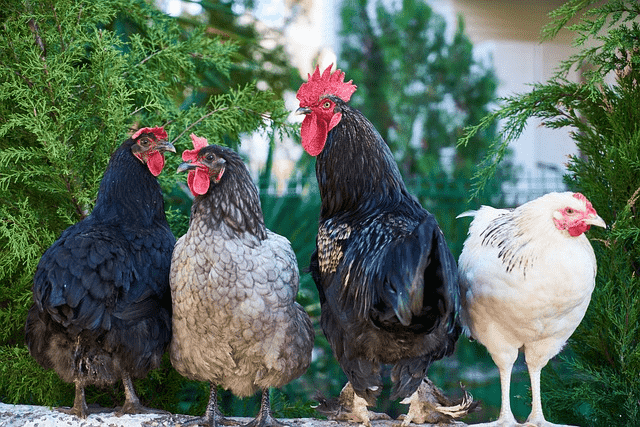
Introduction
Welcome to the world of hobby farming! You’ve probably heard the saying, “Why work 9 to 5 when you can work 5 to 9?” Well, we say, why work 9 to 5 at all when you can work on your very own hobby farm! Whether you’re looking to grow your own food, raise some cute and cuddly animals, or just get back to your roots, hobby farming can be a truly rewarding experience.
Definition of a hobby farm
So, what exactly are hobby farms? Essentially, it’s a small-scale farm that is run as a hobby, rather than a primary source of income. There are no hard and fast rules. But generally I like to think that it’s the perfect blend of work and play, and a great way to get outside, get your hands dirty, and make some memories that will last a lifetime.
Reasons for starting a hobby farm
There are many reasons why someone might want to start a hobby farm. Maybe you’re looking to live a more self-sufficient lifestyle, or you want to provide your family with fresh, healthy food. Perhaps you’re just looking for a new hobby or a way to get away from the stress of city life. Or maybe you are just looking for a business venture that you can do in your own backyard. Whatever your reason, starting a hobby farm can be a challenging, but rewarding, journey. My favorite reason is it helps me feel a bit more self sustaining.
Overview of the steps involved in starting a hobby farm
In this article, we’ll be giving you a quick overview of the steps involved to become a hobby farmer. But before you jump in, we’d like to give you a word of caution: farming, even hobby farming is not for the faint of heart. It requires hard work, patience, and a whole lot of dedication. But trust us, when you taste that first ripe tomato from your own garden, or cuddle with your first born lamb, you’ll know that all the work was worth it. So, put on your overalls and let’s get started!
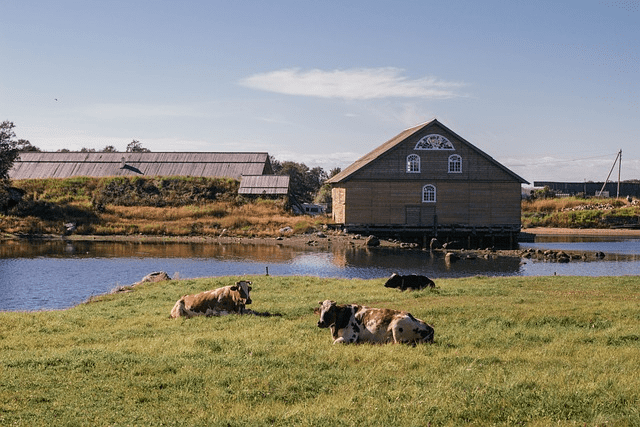
Planning and Preparation
Assessing your resources
Okay folks, it’s time to get real. Hobby farming is not a cheap endeavor, and it requires more than just a love of the land and some daydreams about growing your own food. Before you jump into the deep end, it’s important to assess what resources you have at your disposal.
Financial resources
First up: money. Can you afford to buy land, build structures, and purchase equipment? Hobby farming can it can be done on a budget. Do your research and figure out what your financial limitations are. And remember, there’s always the option of starting small and expanding as you go.
Physical resources
Next, think about your physical resources. Do you have the energy and ability to work long hours in sometimes tough conditions? Can you lift 50-pound bags of feed and chase after a wayward chicken? It’s important to be honest with yourself about what you’re physically capable of.
Time commitment
Finally, take a look at your schedule. Can you dedicate the time and effort that starting a hobby farm requires? It’s not just a weekend hobby – it’s a lifestyle. Make sure you’re ready to commit before jumping in.
Starting a hobby farm is a big decision, so take some time to assess your resources before making a move. And remember, laughter is the best medicine, so try to keep a sense of humor about it all!
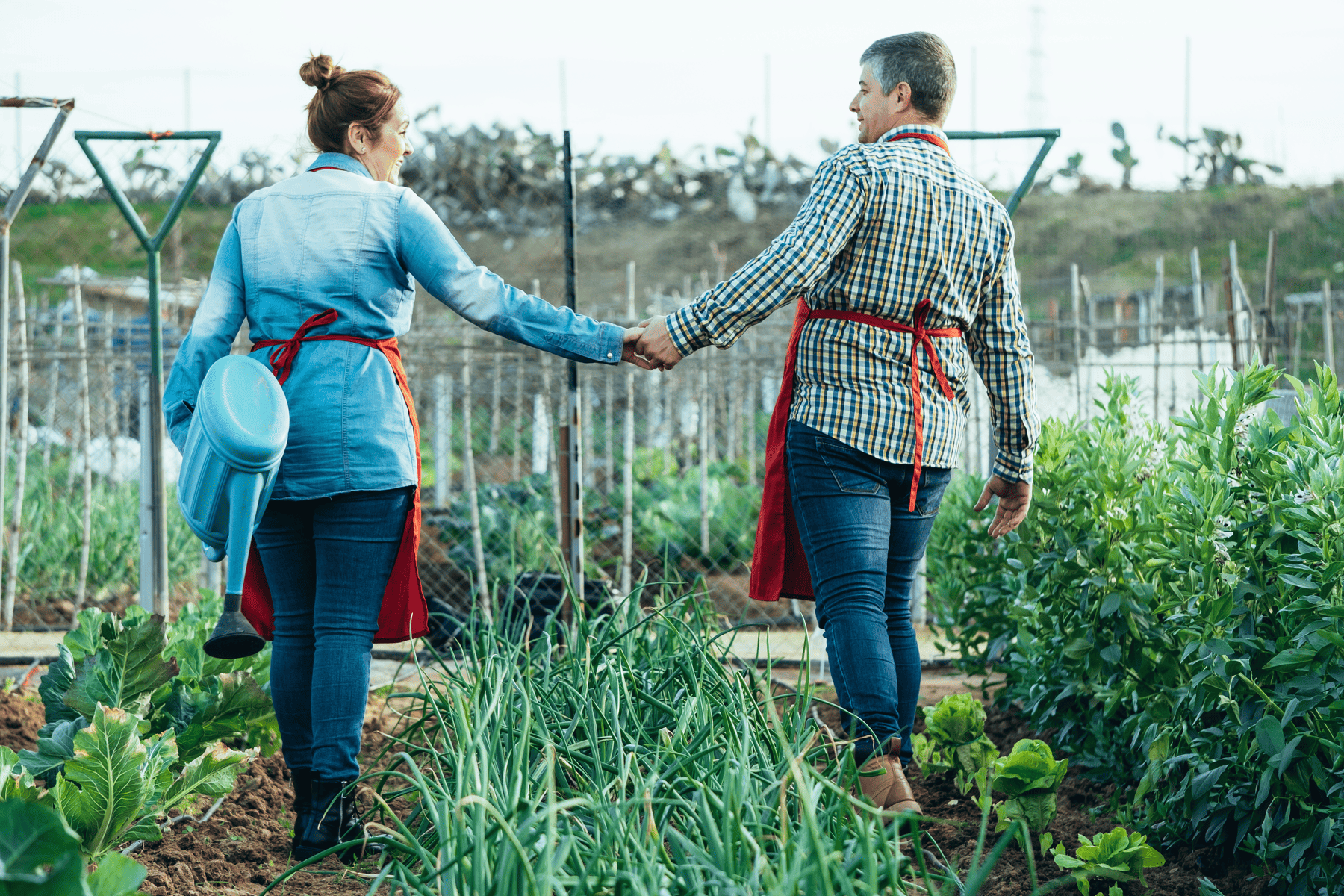
Determining your goals
Type of farm you want to start
Choosing the type of farm you want to start is a big decision, and it’s important to weigh your options and choose what’s right for you.
Do you want to be a traditional farmer, raising crops and livestock on a large piece of land? Or are you more of an urban farmer, growing herbs and vegetables in containers on your balcony? The options are endless, so it’s important to figure out what type of farming fits with your lifestyle and resources.
Maybe you’re a chicken enthusiast and want to start a small flock of backyard chickens. Or maybe you’re a green thumb and want to start a vegetable garden. Whatever you choose, make sure it’s something you’re passionate about.
And don’t forget about the alpacas! Alpaca farming is becoming more and more popular, and who wouldn’t want to have a few of these adorable creatures roaming around their property? Just be prepared for some interesting conversations with your neighbors when they ask why you have a herd of alpacas in your backyard.
Don’t be afraid to think outside the box and choose what’s right for you.
Scale of the farm
You’ve started hobby farming and it’s going great! Some hobby farmers will get to a point they want to take it to the next level? That’s where scaling comes in.
Scaling your hobby farm typically means expanding it, either by adding more crops, animals, or both. It can be a great way to increase your income and grow your operation, but it’s important to make sure you’re ready for the extra work and resources that come with it.
Before you start scaling, make sure you have a solid foundation. This means having a well-maintained property, healthy crops and animals, and a plan for how you’re going to manage the additional workload.
And remember, scaling doesn’t always mean going big. Sometimes, scaling can be as simple as adding a few more chickens or planting a few more vegetable beds. So don’t feel like you have to go all-in right away – start small and work your way up.
Scaling your hobby farm can be a great way to grow your operation and increase your income, but it’s important to make sure you’re ready for the extra work and resources that come with it. Before you go down the path of scale remember its a hobby… or is it?
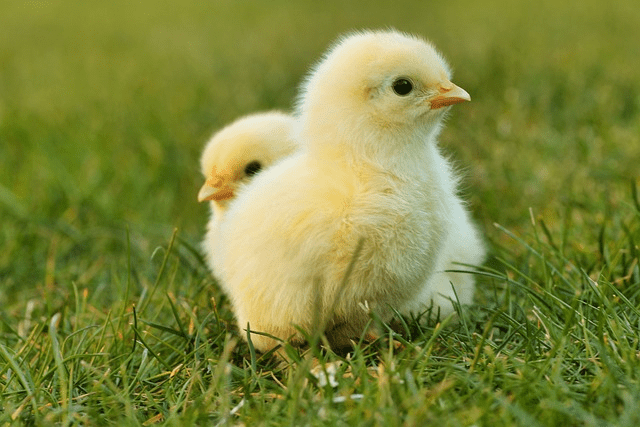
Purpose of the farm (e.g., food production, animal husbandry)
It’s time to get philosophical! What’s the purpose of your hobby farm? Why did you start it in the first place?
Was it to grow your own food and have access to fresh, healthy produce? Or was it to raise animals and become a backyard hobby farmer? Maybe you just wanted to get away from the city and live a simpler life. Whatever the reason, it’s important to have a clear understanding of what you want to achieve with your hobby farm.
If food production is your main goal, make sure you’re choosing crops and animals that are well-suited to your climate and location. And don’t forget about the kitchen – having a plan for how you’re going to use all the food you grow is just as important as growing it in the first place.
If animal husbandry is more your style, make sure you’re prepared for the extra work and resources that come with raising livestock. And don’t forget, animals make great pets, so be prepared to fall in love with your chickens, goats, or rabbits.
Defining the purpose of your hobby farm is an important step in the planning process. Take the time to figure out what you want to achieve, and make sure your farm is designed to meet your goals.
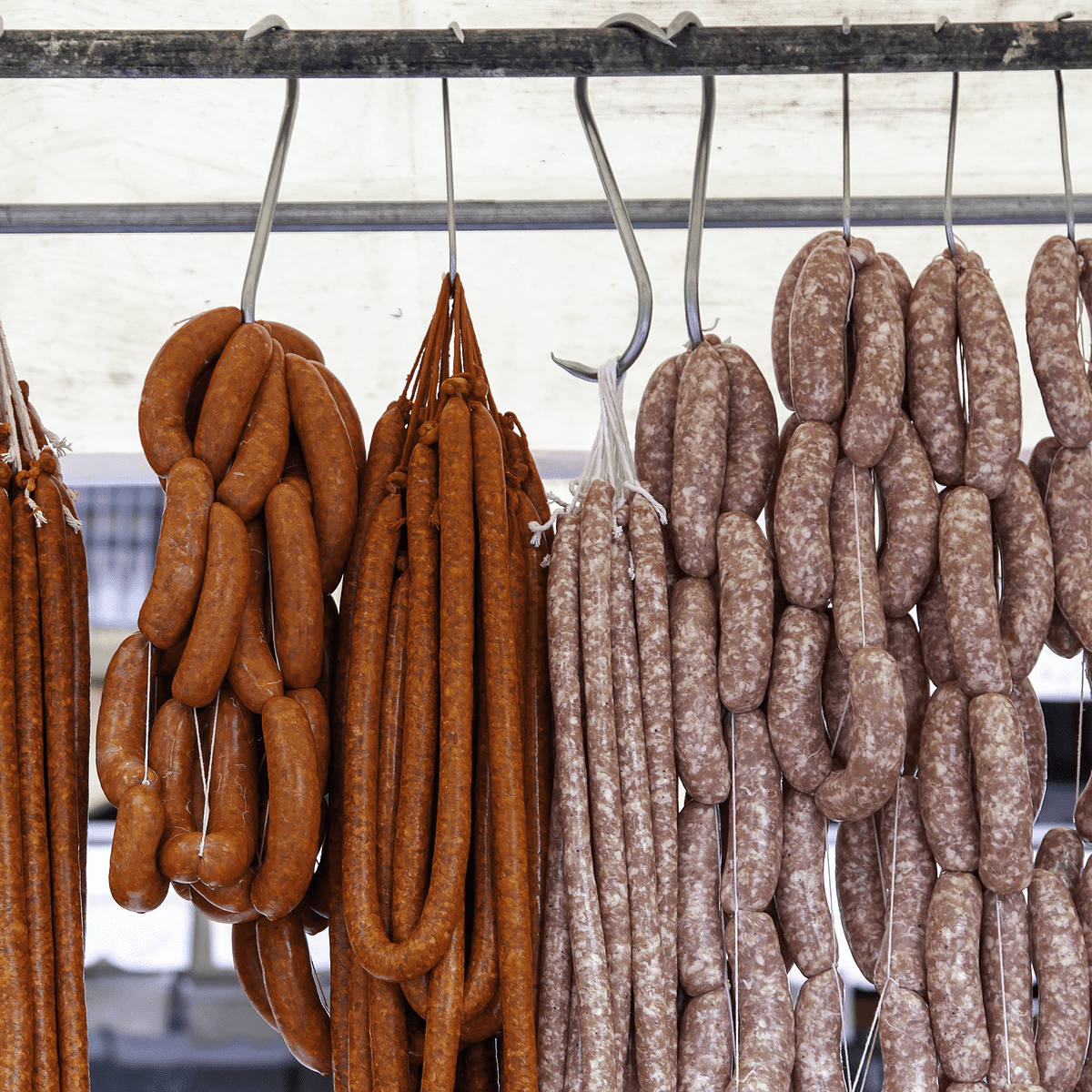
Researching the market
Demands for local food
When it comes to starting a hobby farm, it’s important to understand the demand for local food in your area.
Are people looking for fresh, locally grown produce? Do they want to support small-scale hobby farmers and buy directly from the source? Or are they more interested in convenience and price?
Knowing what your customers want is key to success, so do your research and find out what’s in demand. And don’t be afraid to ask for feedback – your customers are the best source of information on what they want to see in your farm.
Once you have a good understanding of the demand for local food in your area, you can tailor your farm to meet those needs. This could mean growing specific crops, offering unique products, or even changing your business model.
Understanding the demand for local food is an important step in starting a hobby farm. Take the time to research what your customers want, and make sure your farm is designed to meet those needs.
Competition in the area
It’s time to put on your detective hat and check out the competition! When it comes to starting a hobby farm, it’s important to know what other farms are in the area and what they’re offering.
Take a look at their products, prices, and marketing strategies. See what they’re doing well and what they could improve on. And most importantly, find out what sets your farm apart from the rest.
Maybe you have a unique location, or a special crop that no one else is growing. Maybe you have a secret weapon, like a friendly goat who loves to greet customers. Whatever it is, make sure you’re highlighting it and making it a key part of your marketing strategy.
Checking out the competition is an important step in starting a hobby farm. Take the time to research what other farms are offering, and make sure your farm stands out from the rest.
Local regulations and zoning laws
When it comes to starting a hobby farm, it’s important to know what the local regulations and zoning laws are.
I know, I know, this sounds about as exciting as watching grass grow, but trust me, it’s important. You don’t want to invest time and money into starting a farm only to find out it’s illegal in your area.
So, take some time to research the regulations and laws in your area. Make sure you’re in compliance with everything from building codes to animal regulations. And don’t forget, if you have any questions, don’t hesitate to reach out to your local government officials – they’re there to help.
Also don’t forget the IRS (internal revenue service). You will need a farm tax id to sell and get tax breaks on your new hobby. Find a local CPA that can help you set up your business.
Navigating local regulations and zoning laws may not be the most exciting part of starting a hobby farm, but it’s definitely one of the most important. Take the time to research the regulations and laws in your area, and make sure your farm is in compliance.
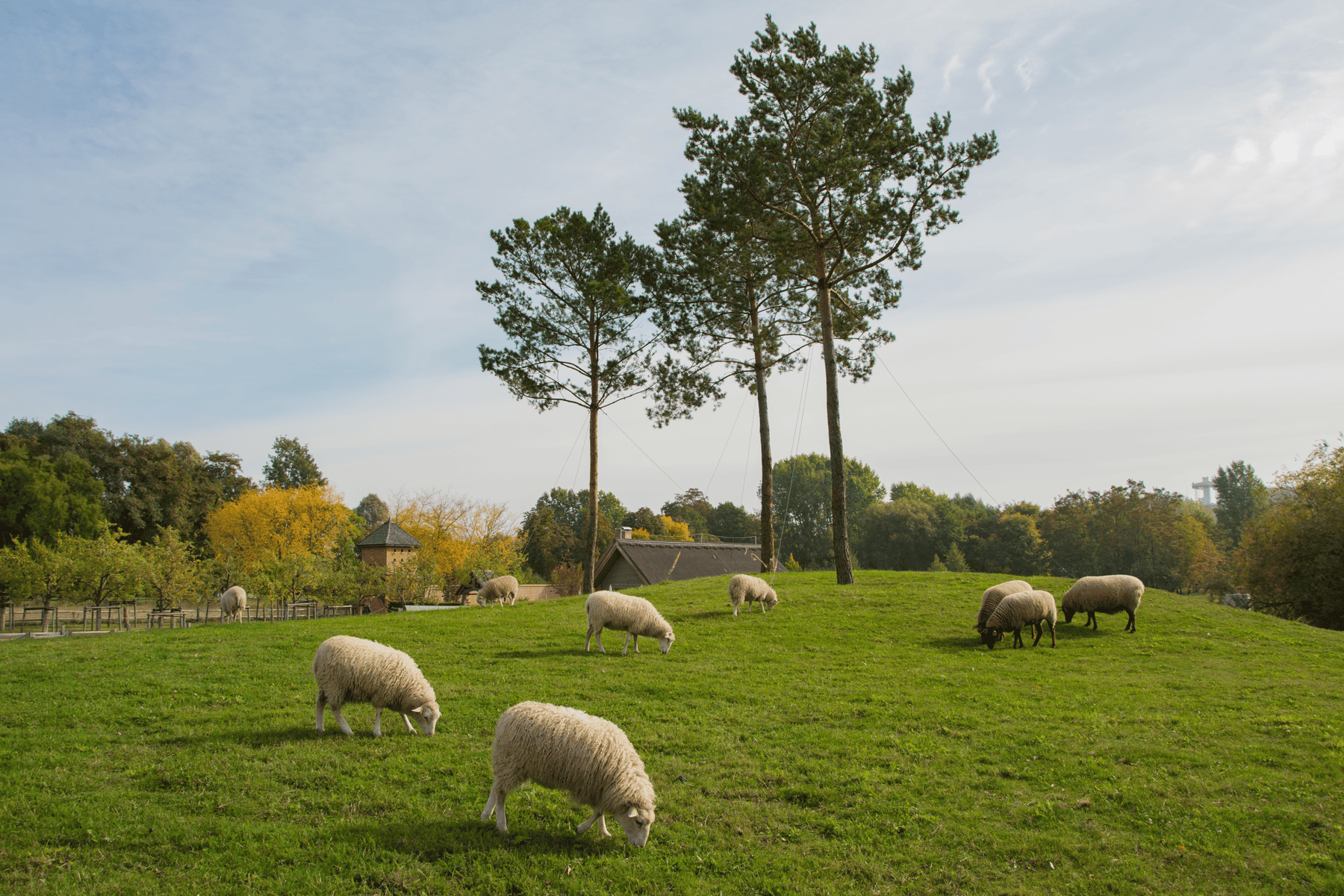
Choosing the Right Location
Factors to consider
Time to put on your thinking caps and consider the factors that will affect your hobby farm. This is where we start getting into the nitty-gritty details of starting a farm, so grab a pen and paper, and let’s get started.
Soil quality
First up, we have soil quality. Is your soil rich and fertile, or is it more like dirt and rocks? Good soil quality is important for growing healthy crops, so make sure you have a good understanding of what kind of soil you’re working with.
Access to water
Next, we have access to water. Do you have a well, a river, or are you relying on rain? Make sure you have a reliable source of water for your crops and animals.
Proximity to markets
Proximity to markets is also important. Are you close to a large city, or are you in a rural area? Make sure you have a good understanding of where your customers are, and how you’re going to reach them.
Climate
Finally, we have climate. Is your area warm and sunny, or cold and snowy? Make sure you have a good understanding of the climate in your area, and how it will affect your crops and animals.
There are many factors to consider when starting a hobby farm. Make sure you have a good understanding of soil quality, access to water, proximity to markets, and climate, and how they will affect your farm. Happy farming, folks!
Finding the right property
Is it time to start house hunting – well, land hunting? When it comes to starting a small farm, finding the right property is key.
Before you jump to far ahead on this section, ask yourself if you need new land at all. There is hobby farming you can do right in your current yard (or balcony). Don’t think you have to get 100 acres of land in the country side. There are people that live and have a small farm on less than 1/4 acre garden. Start small and grow slowly. Or if you are ready to take the plunge, that is ok too.
You want to find a piece of land that’s big enough for your crops and animals, but not so big that you’re constantly running around trying to keep up with it. You also want to make sure it has good soil quality, access to water, and a climate that’s suitable for your crops and animals.
And don’t forget, location is key. You want to be close enough to your customers to make it easy for them to visit your farm, but far enough away from the city to enjoy the peace and quiet of the country.
If your hobby farm is for fun then you will buy or maintain land that fits your primary job and lifestyle. However if your primary goal is to do this full time then you will want to watch the cost of land. Scale is important but you do not want to incur debt beyond what you can manage as a farmer.
So, take your time when looking for the perfect piece of land. Visit lots of different properties, and make sure you’re choosing one that’s right for you and your farm.
Finding the right property is an important step in starting a small hobby farm. Take your time, do your research, and find a piece of land that’s big enough, has good soil quality, access to water, and a climate that’s suitable for your crops and animals.
Setting up Infrastructure and Equipment
It’s time to put on your hard hats and start building the farm of your dreams!
Building necessary structures
First up, you’ll need to build the necessary structures, like a barn and a shed, to keep your crops and animals safe. Make sure they’re big enough to hold all your equipment and supplies, but not so big that you’re constantly running around trying to find things.
Fencing
Next, you’ll need to put up fencing to keep your animals in and the wild animals out. Make sure you choose fencing that’s strong and durable, so you won’t have to worry about it falling down in the middle of a windstorm.
Water systems
And don’t forget about the water systems! Make sure you have a reliable source of water for your crops and animals, and make sure it’s easy to access. You don’t want to be carrying buckets of water from the well to the barn in the middle of a hot summer day!
Setting up the infrastructure and equipment for your hobby farm is an important step in the process. Make sure you have a barn and shed that are big enough, fencing that’s strong and durable, and a water system that’s reliable and easy to access.
Purchasing equipment
Now its time start shopping for some sweet, sweet farm equipment! My favorite part. And don’t worry, you won’t need to break the bank to get everything you need.
Tractors and implements
First up, you’ll need a tractor and some implements. Whether you go for a brand new shiny model or a trusty old used one, make sure it fits your needs and budget. Just remember, used equipment might have a few more miles on it, but it’ll also have a few more stories to tell.
Livestock equipment (e.g., feeders, waterers)
Next, you’ll need to stock up on livestock equipment like feeders and waterers. Make sure you choose equipment that’s durable and easy to clean, so you won’t be spending all your time scrubbing gunk out of feed buckets.
Tools and supplies
And last but definitely not least, don’t forget about all the great tools and supplies you’ll need. From hoes to hammers, make sure you have everything you need to keep your farm running smoothly.
In conclusion, outfitting your hobby farm with the right equipment is key to success. Whether you choose new or used equipment, make sure it fits your needs and budget.
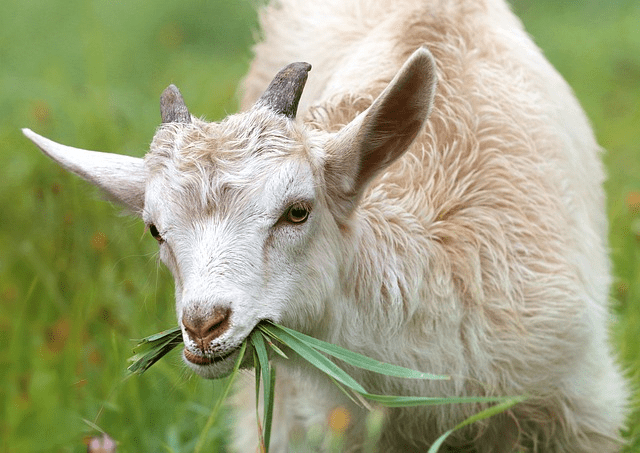
Selecting and Raising Livestock
Choosing the right animals
It’s time to start stocking your hobby farm with some animal companions! And don’t worry, you don’t need to be a farmer to pick the right animals for your farm.
Factors to consider (e.g., feed requirements, space needs)
First up, you’ll need to consider factors like feed requirements and space needs. Make sure you choose farm animals that fit your land and budget, and that you have enough space to house them comfortably.
Popular options (e.g., chickens, goats, cattle)
Now, let’s talk about some popular options. If you’re looking for a low-maintenance option, consider chickens. They’re easy to care for and provide you with fresh eggs every day. Goats are also a great option if you want a bit more personality in your life. They’re curious, playful, and will keep you entertained for hours. And if you’re looking for a more substantial project, consider cattle. Just be prepared to invest in some pasture space and some heavy-duty equipment!
Choosing the right animals for your hobby farm is an important decision. Consider factors like feed requirements and space needs, and choose animals that fit your land and budget.
Raising healthy animals
Now onto how to keep your furry friends in tip-top shape! And don’t worry, you don’t need to be a veterinarian to keep your animals healthy.
Proper nutrition
First up, it’s all about proper nutrition. Make sure you’re feeding your animals a balanced diet that meets their specific needs. And remember, just because they like to eat junk food, it doesn’t mean they should.
Regular veterinary care
Regular veterinary care is also a must. Make sure you schedule regular check-ups and vaccinations to keep your animals in good health. And if they get sick, don’t hesitate to call the vet. Trust us, it’s better to be safe than sorry.
Appropriate living conditions
Last but definitely not least, appropriate living conditions are key to keeping your animals healthy. Make sure they have plenty of room to roam and a safe place to rest. And don’t forget to keep their living quarters clean to prevent the spread of disease.
Keeping your animals healthy is essential to the success of your hobby farm. Make sure you provide proper nutrition, regular veterinary care, and appropriate living conditions to keep your furry friends happy and healthy.
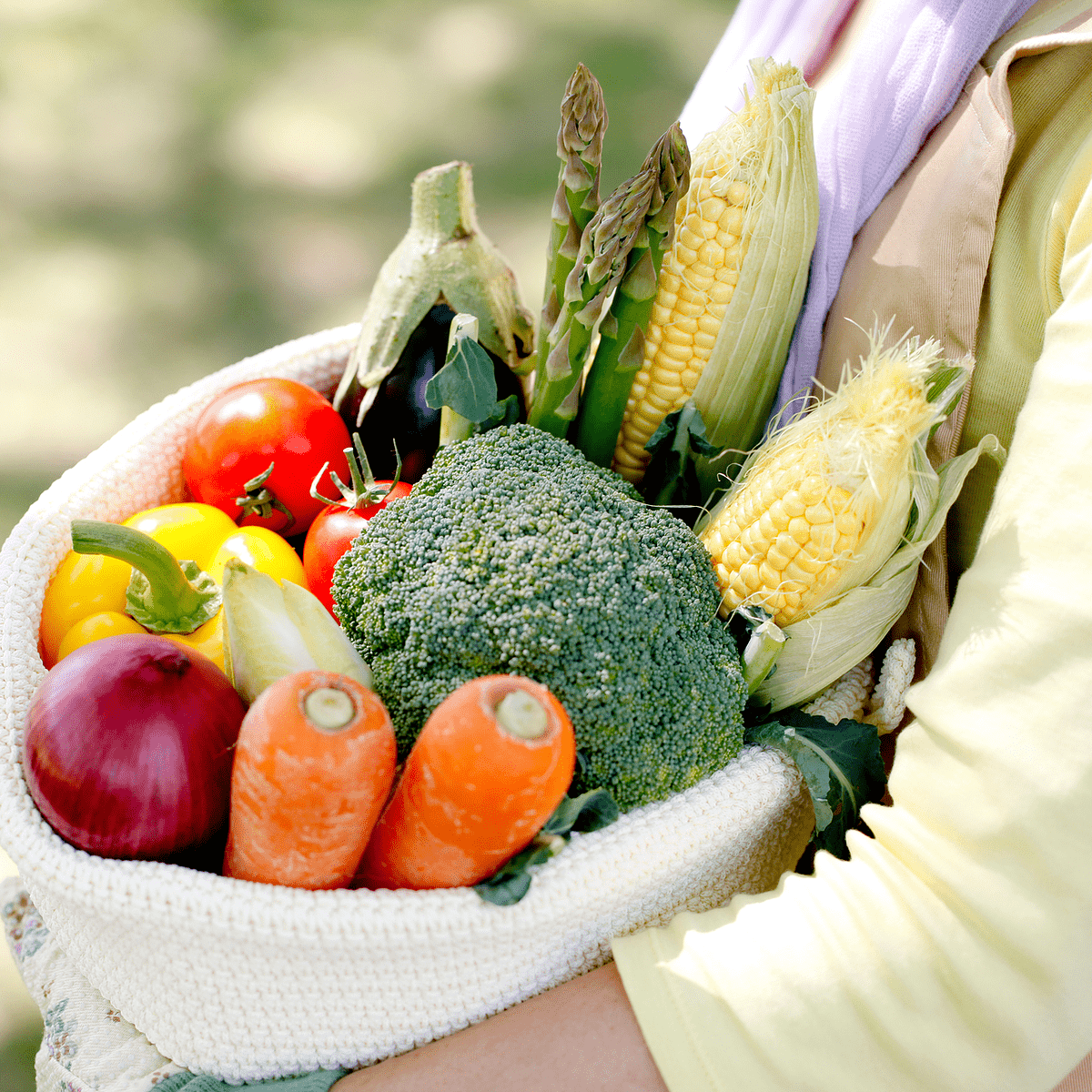
Growing Crops and Produce
Choosing the right crops
Let’s think about what you’ll actually be growing in your garden! And don’t worry, this won’t be a boring science lesson.
Factors to consider (e.g., soil quality, climate)
First up, let’s talk about the factors you need to consider when choosing your crops. Soil quality and climate are two big ones. Make sure the soil is good enough for your plants to grow and that the climate won’t make them wilt like a flower in a desert.
Once you’ve got the technical stuff sorted, it’s time to have some fun! You’ve got a wide variety of options to choose from, including vegetables, fruits, and herbs. If you’re feeling adventurous, you could even try growing some exotic crops that you’ve never heard of before.
Popular options (e.g., vegetables, fruits, herbs)
When it comes to popular options, you can never go wrong with growing some juicy tomatoes, crisp lettuce, and fragrant herbs. And if you’re feeling fancy, why not try growing some exotic fruits like kiwis or pomegranates? The possibilities are endless, folks!
Choosing the right crops for your hobby farm is all about finding the perfect balance between practicality and creativity. Make sure you consider the important factors, have some fun with your options, and get ready to reap the rewards of your green thumb!
Implementing sustainable farming practices
So you’ve got your land, your animals, and your crops, but have you thought about how you’re going to take care of Mother Nature? That’s where sustainable farming practices come in!
Companion planting
One popular method is companion planting, where you plant different crops together to help each other grow. For example, planting beans near corn can help the beans climb the corn stalks, while the beans add nitrogen to the soil to help the corn grow. It’s like a friendship that benefits both parties!
Crop rotation
Another important practice is crop rotation. This means rotating the crops you grow in a particular field from year to year, to help maintain soil health and prevent disease and pest problems. It’s like giving your soil a well-deserved vacation after a hard year of work.
Conservation tillage
Lastly, there’s conservation tillage. This involves using methods that minimize soil disturbance, such as planting crops directly into crop residue, rather than tilling the soil. This helps keep soil healthy and reduces erosion, while also saving time and energy. It’s a win-win-win situation!
Incorporating sustainable farming practices into your hobby farm is an important way to protect the environment and ensure a healthy, bountiful harvest for years to come. So get creative with your companion planting, rotate your crops, and use conservation tillage to show Mother Nature some love.
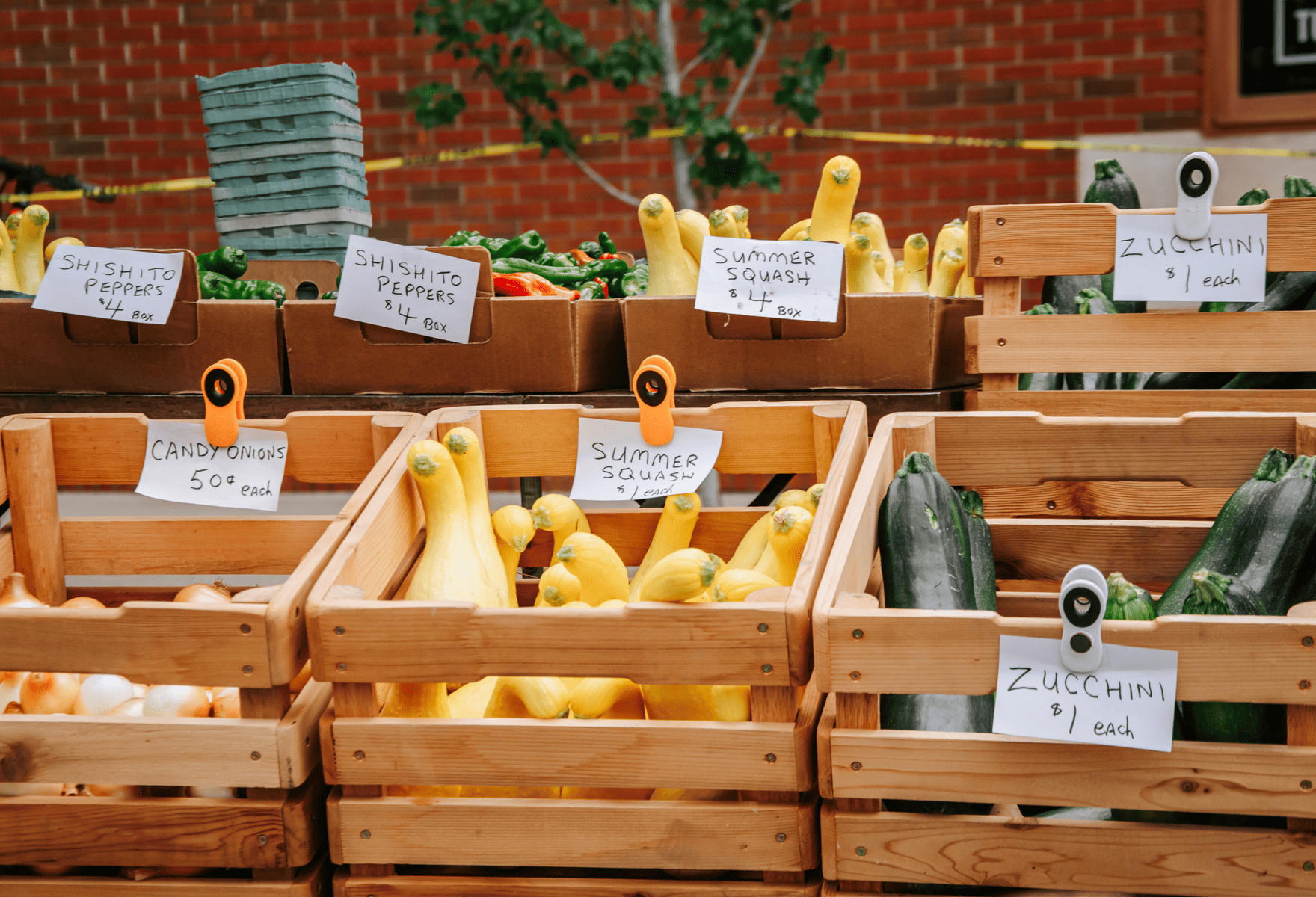
Marketing and Selling Your Products
Building a customer base
Now that you’ve got your hobby farm up and running, it’s time to sell those juicy fruits and vegetables, those delicious eggs, and that grass-fed beef! Here’s how to get the word out and build your customer base.
Networking with local farmers markets
First, network with local farmers markets. This is a great way to meet other hobby farmers, sell your products, and connect with customers. It’s like a big party where everyone brings their best produce! And who knows, you might even make some new farming friends.
Utilizing SOCIAL MEDIA
Next, utilize social media to your advantage. Welcome to the future. Share pictures of your farm, post updates on what’s in season, and let people know when and where they can buy your products. It’s like having a virtual farm stand, open 24/7!
Don’t forget farming is also about community. Connect with other farmers and small farm owners around you. These relationship will be key when you need a helping hand or advice on your local niche. You can also never have enough friends.
Building relationships with local restaurants and stores
Finally, building relationships with local restaurants and stores can help increase your sales and get your products in front of more customers. Offer to supply them with fresh, locally-grown produce, and you’ll soon become their go-to farmer. It’s like having your own little corner in the grocery store!
Building a customer base is all about getting the word out, networking, and building relationships. So grab your basket, head to the farmers market, and get ready to sell your heart out!
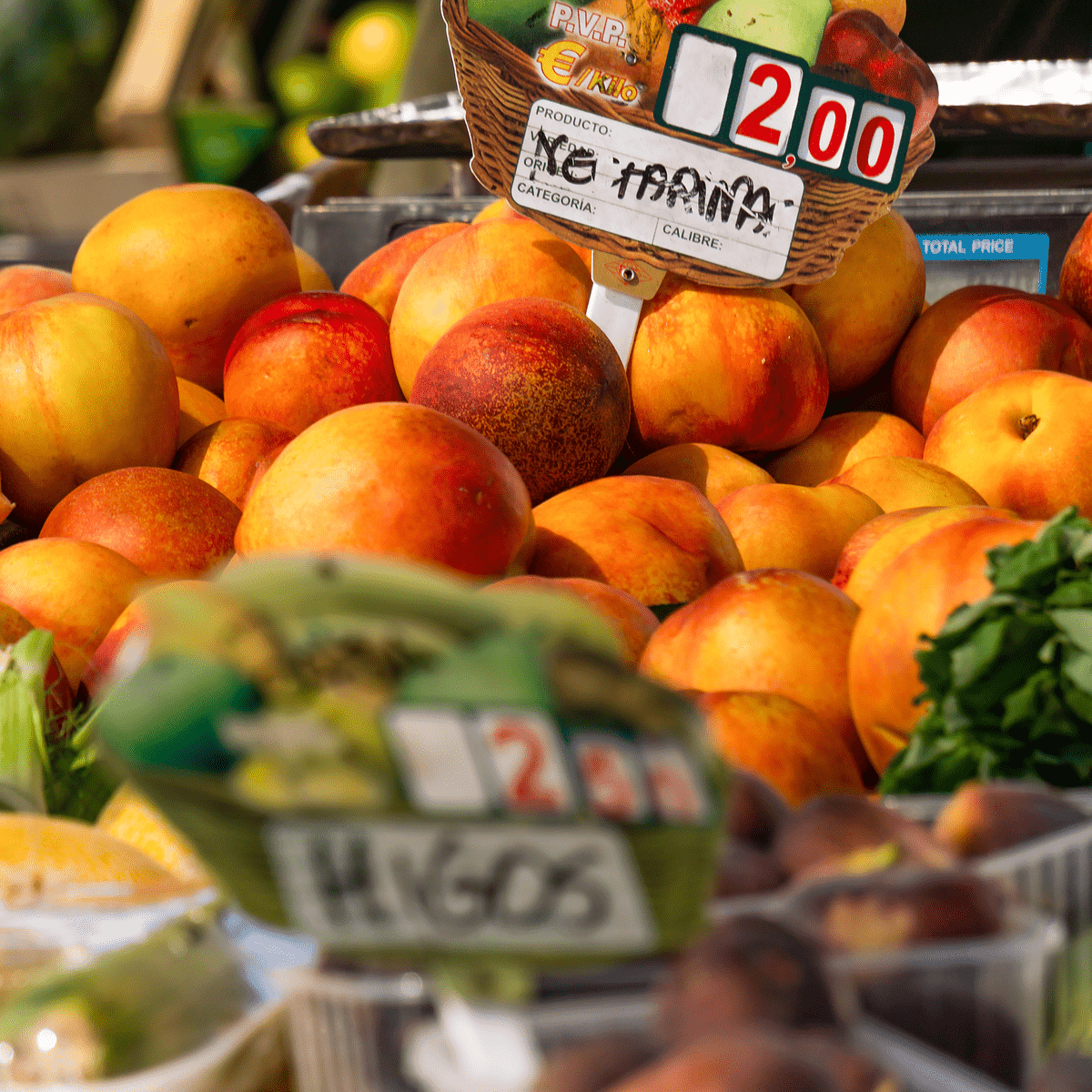
Pricing and selling your products
So you’ve got your farm, your equipment, your animals, and your crops, but now it’s time to figure out how much to charge for all that hard work. Its great that you now have food to eat right out of your backyard, but at some point you will have more than you can consume and want to sell it. Whether you are trying to save money, add extra money to your retirement income, or put more money down-payment on a larger piece of land, you will want to sell some of the fruits of your labor.
Determining fair prices
Here’s what you need to know about determining fair prices and understanding local and state regulations.
First, determining fair prices can be a tricky task. You want to make sure you’re charging enough to cover your costs and make a profit, but you don’t want to price yourself out of the market. Here’s a tip: check out what other local hobby farmers are charging for similar products and adjust accordingly. You want to make money but keep in mind that you are likely producing perishable goods.
Understanding local and state regulations
Next, make sure you’re up to date on local and state regulations. You might need a permit or license to sell your products, and there may be restrictions on where and how you can sell them. Don’t worry, it’s not rocket science, just a little bit of red tape to navigate.
In conclusion, pricing and selling your products can seem overwhelming at first, but with a little research and a lot of common sense, you’ll be ringing up sales in no time. Just remember, you’re selling more than just produce, you’re selling a piece of your hard work and your love for farming. So don’t be afraid to charge what you’re worth!

Conclusion
Recap of the steps involved in starting a hobby farm
So, you’ve made it to the end of our guide to starting a hobby farm and you’re ready to take the plunge. Let’s recap all the steps you’ve learned so far:
Decide on the type of farm you want to start
Consider the demands for local food and competition in your area
Look into local regulations and zoning laws
Factors to consider such as soil quality, access to water, proximity to markets, and climate
Find the right property and set up the necessary infrastructure and equipment
Choose the right animals and crops and implement sustainable farming practices
Build a customer base and price and sell your products
Encouragement to pursue your passion
Congratulations, you’ve got the makings of a successful hobby farmer! But the journey doesn’t end here. Now it’s time to pursue your passion and turn your dream into a reality. Don’t be afraid to ask for help or seek advice from others in the farming community.
Final thoughts and next steps.
Finally, let’s not forget that starting a hobby farm is all about having fun and finding joy in the simple things in life. So, go ahead and put on those overalls, grab a pitchfork, and start living your best farm life.
Next steps: Get your boots on, take a deep breath, and get ready to start farming! Happy planting and animal husbandry!
References for Farmers Reading.
Hobby Farms Magazine – https://www.hobbyfarms.com/
Hobby Farm Home – https://www.hobbyfarmhome.com/
Hobby Farm Life – https://www.hobbyfarmlife.com/
The Beginner’s Guide to Starting a Hobby Farm – https://www.thespruce.com/starting-a-hobby-farm-2583371
Hobby Farming for Beginners – https://www.thespruce.com/hobby-farming-for-beginners-2583381
How to Start a Hobby Farm – https://www.thespruce.com/how-to-start-a-hobby-farm-2583389
The Pros and Cons of Starting a Hobby Farm – https://www.thespruce.com/pros-and-cons-of-starting-a-hobby-farm-2583377
Hobby Farms: All About Starting a Hobby Farm – https://www.thespruce.com/hobby-farms-2583357
Sustainable Agriculture: What is a Hobby Farm? – https://attra.ncat.org/sustainable-agriculture-what-is-a-hobby-farm/

